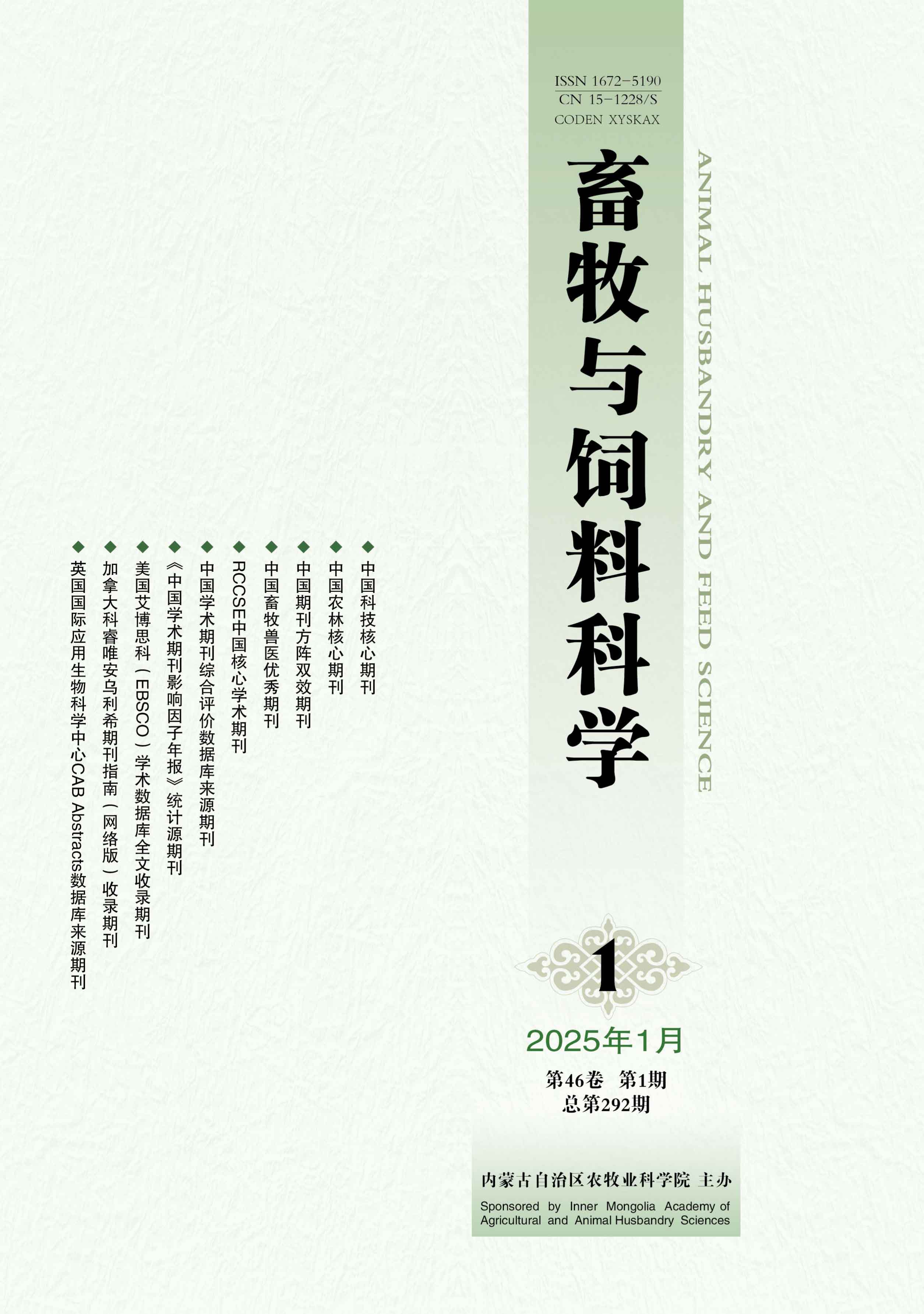作 者:
Youqiang Fu;Hong Shen;Daoming Wu;Kunzheng Ca
单 位:
College of Agronomy, South China Agricultural University, Guangzhou 510642 (China;College of Resources and Environment, South China Agricultural University, Guangzhou 510642 (China)
关键词:
fe2;toxicity;fe;si;treatment;iron plaqu
摘 要:
Silicon (Si) can enhance the resistance of plants to many abiotic stresses. To explore whether Si ameliorates Fe2+ toxicity, a hydroponic experiment was performed to investigate whether and how Si detoxifies Fe2+ toxicity in rice (Oryza sativa L.) roots. Results indicated that rice cultivar Tianyou 998 (TY998) showed greater sensitivity to Fe2+ toxicity than rice cultivar Peizataifeng (PZTF). Treatment with 0.1 mmol L-1 Fe2+ inhibited TY998 root elongation and root biomass significantly. Reddish iron plaque was formed on root surface of both cultivars. TY998 had a higher amount of iron plaque than PZTF. Addition of Si to the solution of Fe treatment decreased the amount of iron plaque on root surface by 17.6% to 37.1% and iron uptake in rice roots by 37.0% to 40.3%, and subsequently restored root elongation triggered by Fe2+ toxicity by 13.5% in the TY998. Compared with Fe treatment, the addition of 1 mmol L-1 Si to the solution of Fe treatment increased xylem sap flow by 19.3% to 24.8% and root-shoot Fe transportation by 45.0% to 78.6%. Furthermore, Si addition to the solution of Fe treatment induced root cell wall to thicken. These results suggested that Si could detoxify Fe2+ toxicity and Si-mediated amelioration of Fe2+ toxicity in rice roots was associated with less iron plaque on root surface and more Fe transportation from roots to shoots.






